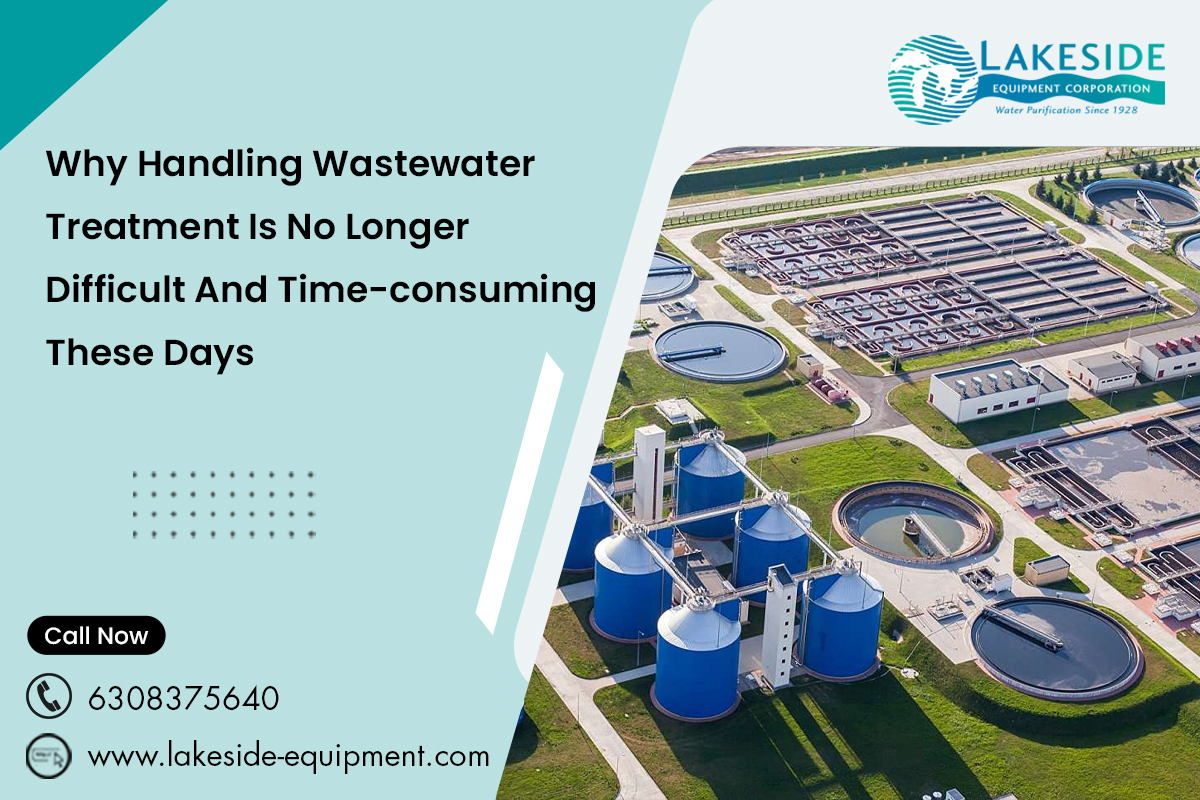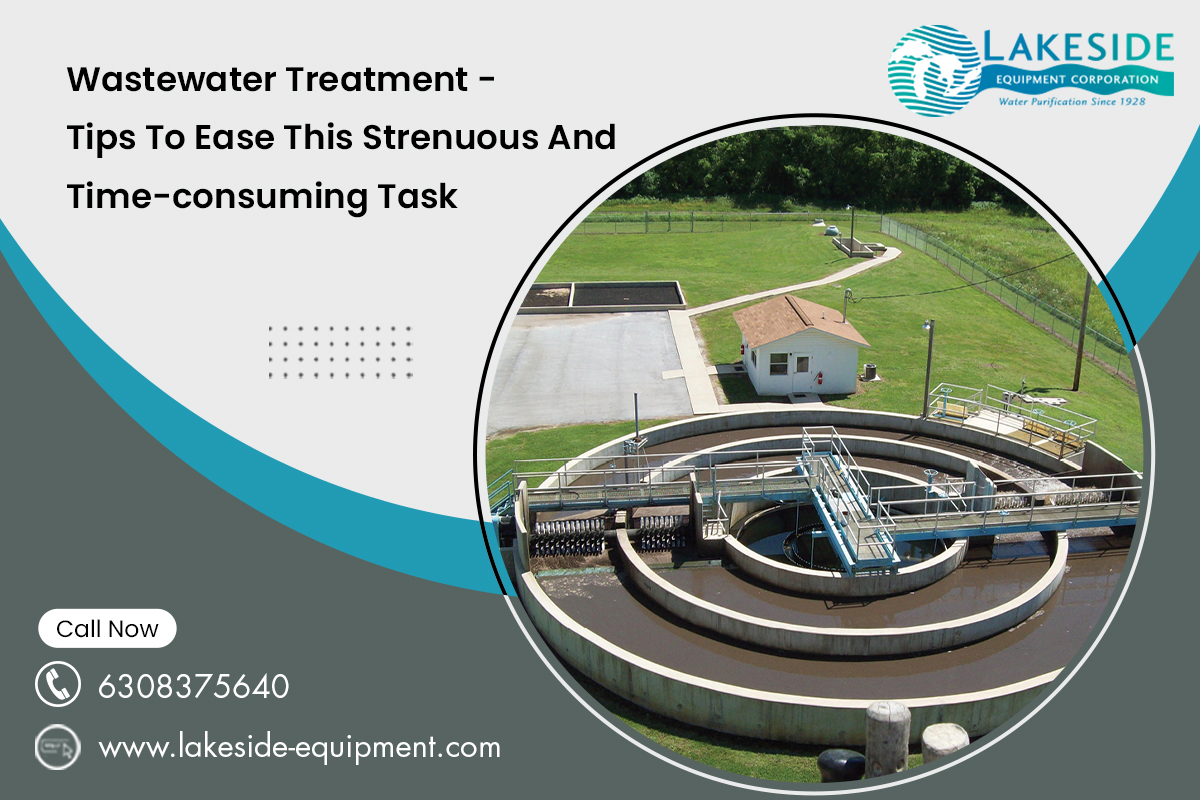5 Ways Wastewater Treatment is Contributing to Environmental Sustainability

Sustainability in our time is no longer a discussion - this is necessary. As the population grows and industrial activity becomes more vigorous, the demand for our natural water resources has never been higher. One of the unsuccessful heroes of our fight for environmental stability is wastewater treatment . Not only does the treatment clean the polluted water, but it also provides many environmental benefits. Here are five methods in which wastewater treatment is contributing to a more sustainable future. Saves Pollution and Preserves the Ecosystems The main objective of wastewater treatment is to clean the contaminated water of industrial, agricultural, and domestic waste. If not treated, it flows into rivers, lakes, and oceans, causing mass pollution problems. Toxic chemicals, bacteria, and other pollutants are not only able to destroy aquatic life, but also destroy ecosystems and are harmful to human life. One of the most important elements in the...










